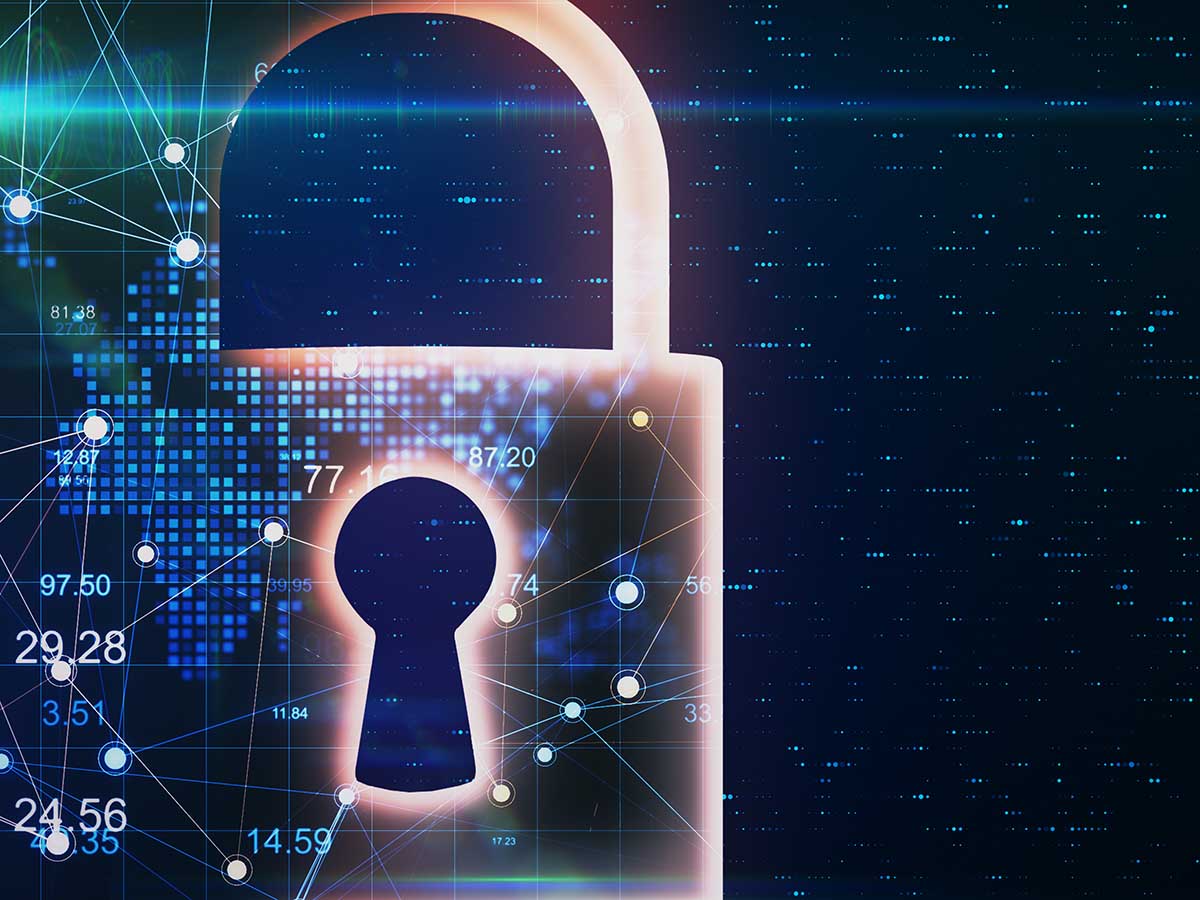Confidentiality refers to the protection of information from being accessed by unauthorized individuals. This ensures that the data can only be seen or used by people who are permitted to do so. Maintaining confidentiality is crucial in preserving the privacy of the users associated with the data or information.
Confidentiality Examples
1. Medical Records
Medical records are a clear example of confidentiality in practice. These records contain sensitive patient information, such as medical history, diagnoses, treatment plans, and personal details. Their confidentiality is of utmost importance.
Stay One Step Ahead of Cyber Threats
By law, these records can only be viewed by professionals directly involved in the patient’s care, like their treating physician, nurse, or other healthcare professionals. Unauthorized personnel, such as an admin staff or a medical student, are not allowed to access these records unless required for specific reasons and approved.
The goal is to ensure that the patient’s information remains private and is used solely for their benefit. This confidentiality not only protects the patient’s privacy but also enables them to feel safe and share necessary details with their healthcare providers without hesitation.
2. Personal Banking Details
Another common example of confidentiality can be found in our day-to-day banking transactions. These involve sensitive information such as account details, card numbers, and transaction history, which needs to be kept confidential to prevent any fraudulent activity.
When you open an account, your bank creates a unique identifier for it – usually, an account number. This identifier, along with other details such as your card information and pin codes, is treated with absolute confidentiality. The bank ensures only you and a very select few bank personnel can access these details, and only when necessary.
This form of confidentiality protection ensures that no unauthorized parties can gain access to and misuse your financial resources. Breaching this could lead to identity theft or monetary loss, illustrating why confidentiality is vital in this context.
3. Business Secrets
The corporate world provides another expanse where confidentiality plays a crucial role. Businesses often safeguard strategic information, trade secrets, and future plans from their competitors and the general public.
The details about new product development, marketing strategies, or other proprietary information are kept confidential within the walls of the company. These sensitive pieces of information are only shared with the individuals directly involved, such as top management or the board of directors.
Keeping business secrets confidential gives a company its competitive edge. Any leak of this sensitive information could lead to loss of business, damage to the company’s reputation, or legal consequences, highlighting the importance of confidentiality in the professional arena.
Conclusion
In essence, confidentiality is about safeguarding information and allowing access only to those authorized. Whether it’s medical records, banking details, or business secrets, the principle of confidentiality ensures the privacy, trust, and security in our interactions – be it personal or professional.
Key Takeaways
- Confidentiality is about protecting information from unauthorized users.
- It’s an essential element in fields such as healthcare, banking, and business.
- Medical records are kept confidential to protect patient’s privacy and facilitate trust between patients and healthcare providers.
- Confidentiality in banking safeguards personal account details and transactions from fraudulent activity.
- Business secrets are kept confidential to maintain a competitive position in the market.
Related Questions
1. What are some ways to maintain confidentiality in the workplace?
Enforcing a strict privacy policy, using secure networks, restricting access to sensitive information, providing secure storage for confidential files, and conducting employee training on privacy measures are methods to uphold confidentiality in workplaces.
2. Why is it important to keep medical records confidential?
Keeping medical records confidential is crucial to protect patient privacy, maintain trust between the patient and healthcare provider, and adhere to laws like HIPAA that mandate confidentiality in healthcare.
3. How are personal banking details kept confidential?
Banks have robust security measures in place, including secure encryption methods, fraud detection mechanisms, and strict privacy policies. These safeguards protect personal banking details from unauthorized access.
4. What could be the consequences of a confidentiality breach in a business?
A breach could lead to substantial financial loss, damage to the company’s reputation, loss of customer trust, or potential legal ramifications.
5. Are there any laws for maintaining confidentiality?
Yes, several laws pertain to confidentiality like the Health Insurance Portability and Accountability Act (HIPAA) in healthcare, the Gramm-Leach-Bliley Act in banking, and the Defend Trade Secrets Act in the business sector.
"Amateurs hack systems, professionals hack people."
-- Bruce Schneier, a renown computer security professional






